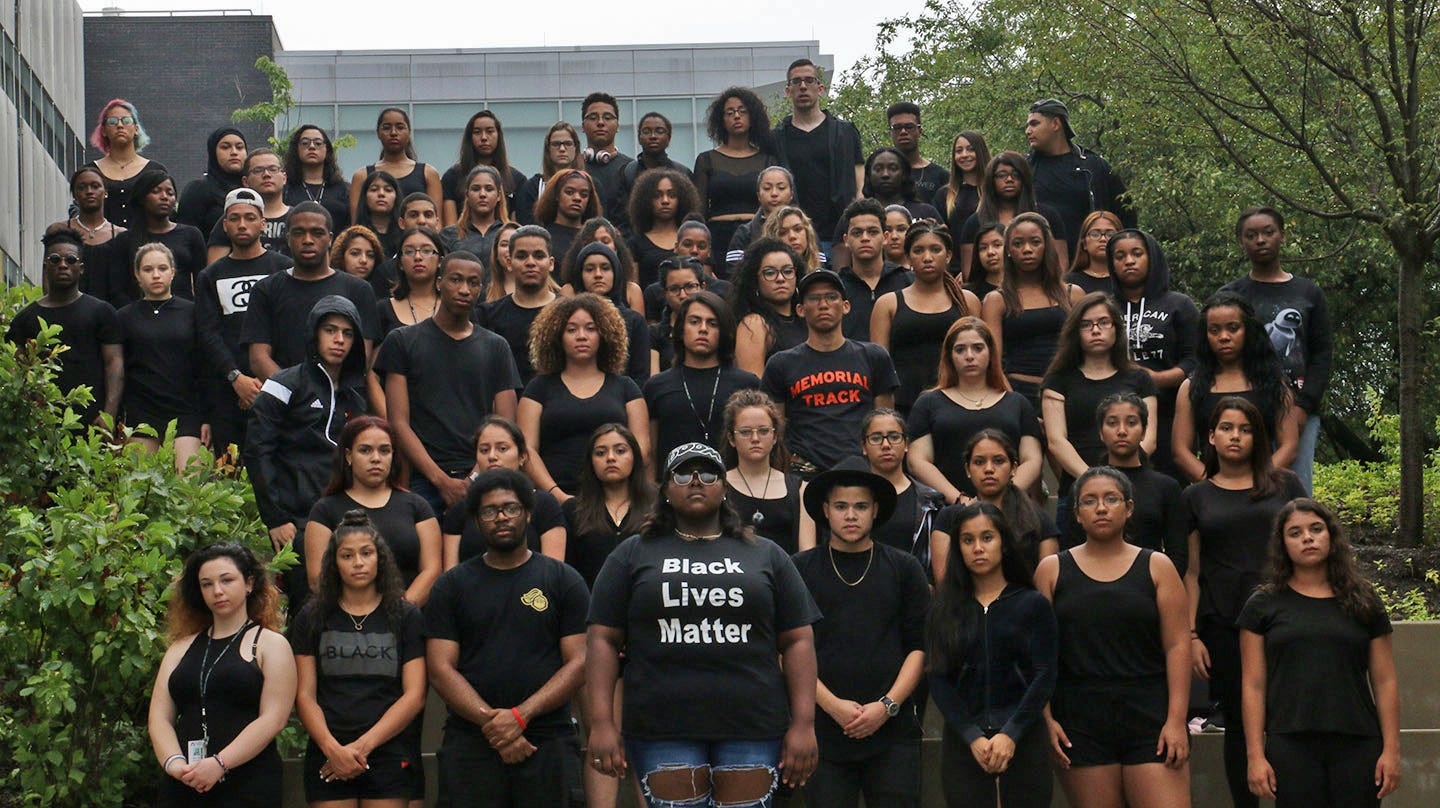The kids are not alright
The 2024 World Happiness Report shows a happiness gap — with young Americans feeling most unsatisfied with their lives.
The latest World Happiness Report, a ranking of countries based on life satisfaction, recently showed the United States slipping out of the top 20 for the first time ever.
If the results are to be believed, the decrease is largely attributable to the dissatisfaction of young people. Two very distinct pictures of life in America begin to emerge based on how old you are.
Looking at survey results for Americans aged 60 and up, the US ranks in tenth place, alongside perennial standouts like Denmark, Finland, the Netherlands, and Canada. But isolate the ranking to Americans 30 years and under and the US only makes it to #62, wedged between Peru and the Dominican Republic.
Why are young Americans so unsatisfied with their lives?
First of all, it’s worth taking a look at how “happiness” gets measured in this annual report produced by Gallup, the Oxford Wellbeing Research Centre, and Jeffrey Sach’s UN Sustainable Development Solutions Network.
The methodology is described as follows: “Countries are ranked according to their self-assessed life evaluations (answers to the Cantril ladder question in the Gallup World Poll), averaged over the years 2021-2023.”
In other words, the rankings are based on how people responded when asked during the pandemic to think of a ladder, with the best possible life for them being a 10 and the worst possible life being a 0.
The scale is controversial. Some argue that it closely it correlates to wealth and status. Others point out that there may not be much statistical significance between a person who rates themselves at a 2 and another person who rates themselves at a 3.
Still, for the sake of argument, let’s assume it does matter that young Americans are much less happy than their parents or grandparents. What might account for that?
First of all, COVID took a huge financial toll on the generation that was just entering the workforce or toiling at entry-level positions when the pandemic hit. Overrepresented in sectors like retail, hospitality, and gig work, Gen Z was disproportionately affected by lockdowns and restrictions with many facing disruptions in employment, job losses, and reduced hours.
Many Gen Zers were striving for financial independence and planning to move out of their family homes at the precise moment the pandemic hit. The ensuing uncertainties delayed or altered many of these plans, and the rocky economic times look to continue for the foreseeable future. Little wonder, then, that young people aren’t feeling too satisfied about their lives when seen through an economic lens.
This is the first generation to face the death of the American dream. A significant majority of millennials and Gen Zers say they feel financially disadvantaged compared to previous generations, with 74% of millennials and 65% of Gen Zers believing they are "starting further behind financially."
Additionally, young people feel less supported socially compared to baby boomers, contributing to a decline in their happiness. In a new book called ‘Generation Anxiety,’ Jonathan Haidt writes that “the generation born after 1995 – Gen Z – became the first generation in history to go through puberty with a portal in their pockets that called them away from the people nearby and into an alternative universe that was exciting, addictive and unstable.”
To succeed socially, Haidt writes, young people now need to devote a large part of their developing brains to managing their “online brand,” in order to gain acceptance and avoid online shaming. When they do need support, young people often feel they have nowhere to turn. A 2023 Gallup poll showed that 16% of young Americans feel not at all or only a little supported.
Even before COVID hit, young people were experiencing a mental health crisis, with rates of anxiety, depression, and suicide skyrocketing in places like North America, the UK, and Australia. Physically they are worse off too — COVID-19 shortened overall life expectancy by 1.6 years. While the disease itself is not a major threat to most healthy young adults, the pandemic and the ensuing vaccine rollout have had a huge impact on both mental and physical health — with rising rates of stress, decreasing physical activity, and the turbo cancers and unexplained sudden deaths of many of their healthy peers.
This generation pines for the freedom to choose how they are defined — almost half say they identify as something other than heterosexual, for example. They want freedom from social norms and confining labels, while the Baby Boomer generation is more likely to associate freedom with self-actualization and the ability to make life choices. This hyper-focus on identity among younger people may also contribute to their lower scores on life satisfaction.
For the sake of our country, we hope young Americans can find a way to positively impact their happiness and satisfaction. Would a meme help?
Come on, Gen Z, you can do it!





Speaking of The Who, or WHO as the case may be, look up the lyrics to The WHO’s, We Won’t Get Fooled Again. They are quite prophetic.
So many times people attribute other people's unhappiness to a lack of material goods but yet no one admits many of the materially rich are also very unhappy people. “Do not store up for yourselves treasures on earth, where moths and vermin destroy, and where thieves break in and steal. But store up for yourselves treasures in heaven, where moths and vermin do not destroy, and where thieves do not break in and steal. For where your treasure is, there your heart will be also." Matthew 6: 19-21